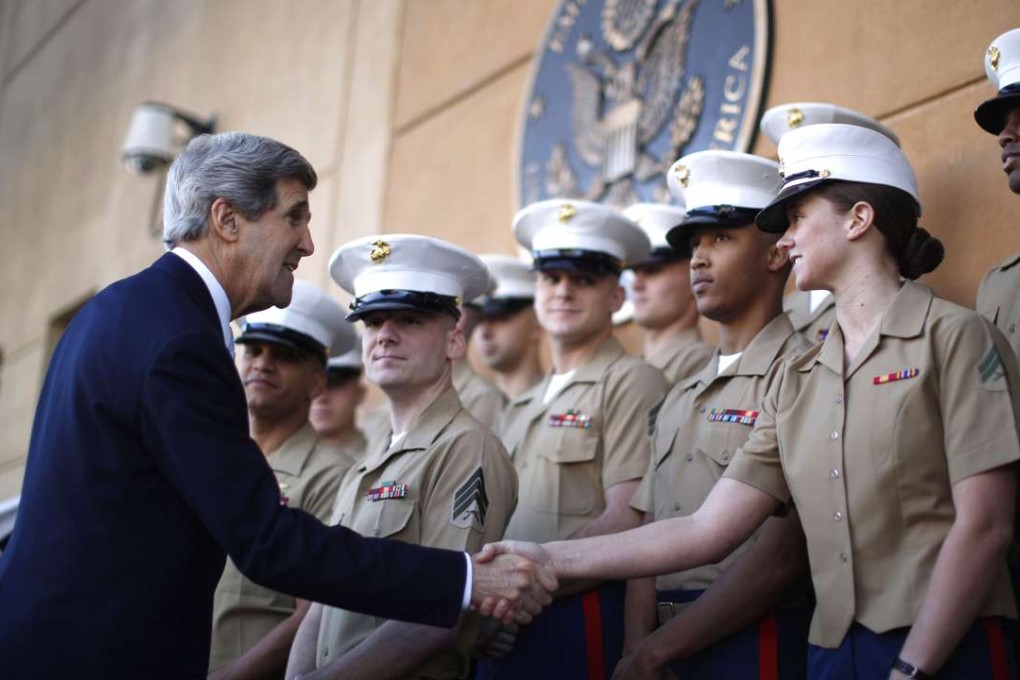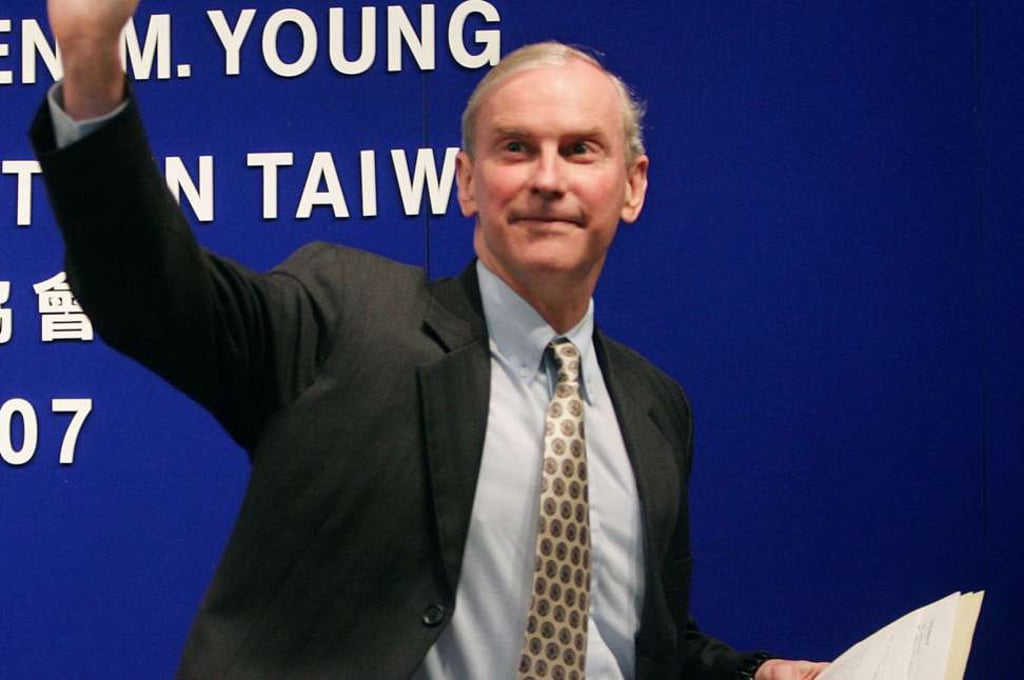Sino File | Why a few American marines in Taiwan pose so many problems for China-US ties
The stationing of a dozen or so servicemen at a private mission office has sent a strong signal to Beijing that could tip the scales toward conflict

US President Donald Trump’s decision to deploy marines at a US representative’s office in Taiwan is yet another challenge to Beijing’s most cherished one-China principle. It follows a string of recent controversial actions from Trump, including his phone call with Taiwanese President Tsai Ing-wen and his open remarks questioning the US commitment to honour the longstanding policy.
Stephen Young, former head of the American Institute in Taiwan (AIT), Washington’s de facto mission to Taiwan, said uniformed officers would guard its new Taipei office upon its completion later this year. William Stanton, another former AIT director, has also confirmed the decision.
Echoing the news, Taiwanese Minister of Foreign Affairs David Lee Ta-wei said Taipei would discuss with Washington sending a similar defence force to its de facto embassy in the US.
Beijing calls landmark Taiwan protests part of China’s liberation struggle
Though serving as a kind of embassy, the AIT is a private entity established in 1979 to manage US relations with Taiwan in the absence of formal diplomatic ties. Deploying US marines there is a strong signal that will impact bilateral relations between the world’s largest and second-largest economies.

